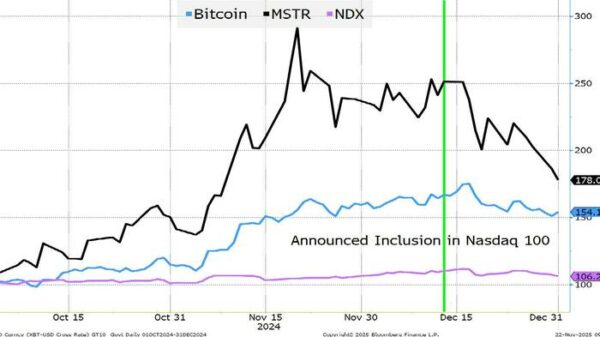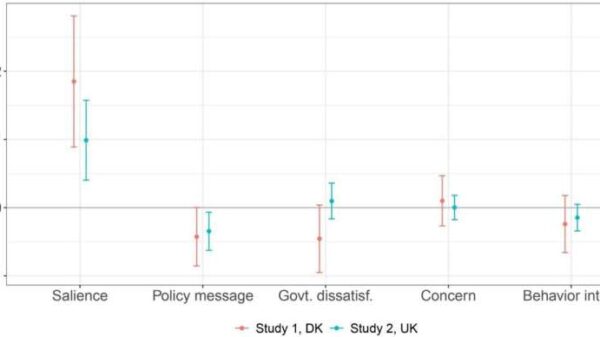In a decisive step towards enhancing airspace security, Germany’s cabinet has approved draft legislation enabling federal police to shoot down or disable rogue drones that threaten public safety or critical infrastructure. This action comes in response to an alarming rise in unauthorized drone activities, especially at major airports like Munich, where incidents have resulted in temporary closures.
The proposed law still requires parliamentary approval, but it would empower officers to use firearms, lasers, jamming signals, or other technical means to neutralize drones when less invasive measures fail. Official data reveals that there were 172 disruptions to air traffic in Germany from January to September 2025, up from 129 incidents during the same period the previous year. Many of these occurrences are suspected to be linked to reconnaissance operations, with some European officials suggesting that hybrid warfare tactics may be involved.
Legislation Details and Rising Threats
The draft legislation explicitly authorizes police to target drones that violate airspace regulations, marking a shift from previous policies that limited interventions primarily to signal disruptions. Current German laws have left authorities struggling to manage sophisticated drone technologies, which often evade radar detection and can operate at low altitudes.
Bavaria has already taken proactive measures, with state leader Markus Söder granting local police similar powers earlier this year, as reported by Kyiv Independent. This regional initiative reflects a broader European trend, with countries like Denmark and Norway also reporting drone swarms and calling for unified countermeasures. The federal framework aims to bridge regulatory gaps by integrating military-grade responses into civilian policing, allowing police to employ “appropriate technical means” against a drone’s control unit or link if it poses a threat to aviation, public events, or critical infrastructure such as power grids.
The law establishes boundaries; smaller, low-flying drones would remain under police jurisdiction, while larger or more advanced threats might necessitate intervention from the Bundeswehr, as highlighted by Deutsche Welle.
Technological and Legal Implications
This legislative development underscores the evolving challenges posed by the proliferation of drones. Technological advancements have outpaced existing regulatory frameworks, as commercial drones are now capable of extensive ranges and autonomous operations.
The German interior ministry, led by Alexander Dobrindt, has stated that the law seeks to balance security needs with proportionality, avoiding blanket authorizations that could infringe upon legitimate drone usage, such as delivery services or aerial photography. Critics argue that empowering police with shoot-down capabilities raises concerns about accountability and the risk of mistaken identifications, particularly in urban areas where hobbyist drones are prevalent. As noted in an analysis by The Washington Times, this policy could set a precedent for other nations grappling with similar challenges, potentially influencing international standards for unmanned aerial vehicle management.
Germany’s approach is part of a larger continental response to perceived foreign threats. Social media discussions have intensified public sentiment, with users highlighting drone sightings over military sites and calling for military intervention, although these claims remain unverified.
Looking ahead, the legislation could catalyze investments in counter-drone technologies, such as signal jammers and AI-driven detection systems. For industry stakeholders, this development signals opportunities in defense technology, alongside the imperative for robust safeguards to prevent escalation. If approved, the law could come into effect by early 2026, reshaping how Germany—and potentially Europe—manages its increasingly crowded and contested aerial space.




































































